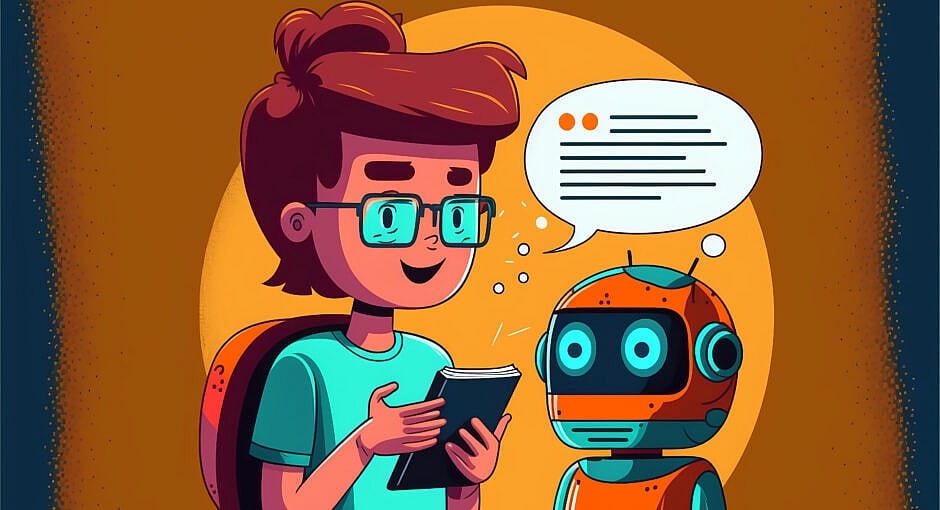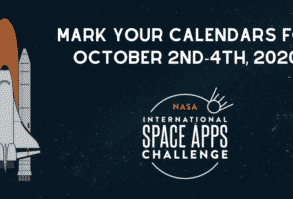Artificial Intelligence (AI) has been making strides in numerous fields, including education. As a tool, it has the potential to transform the way students learn, making education more personalized, efficient, and accessible. The opportunities for AI in education are boundless and this article will explore just a few ways in which it can revolutionize the field.
Personalized Learning
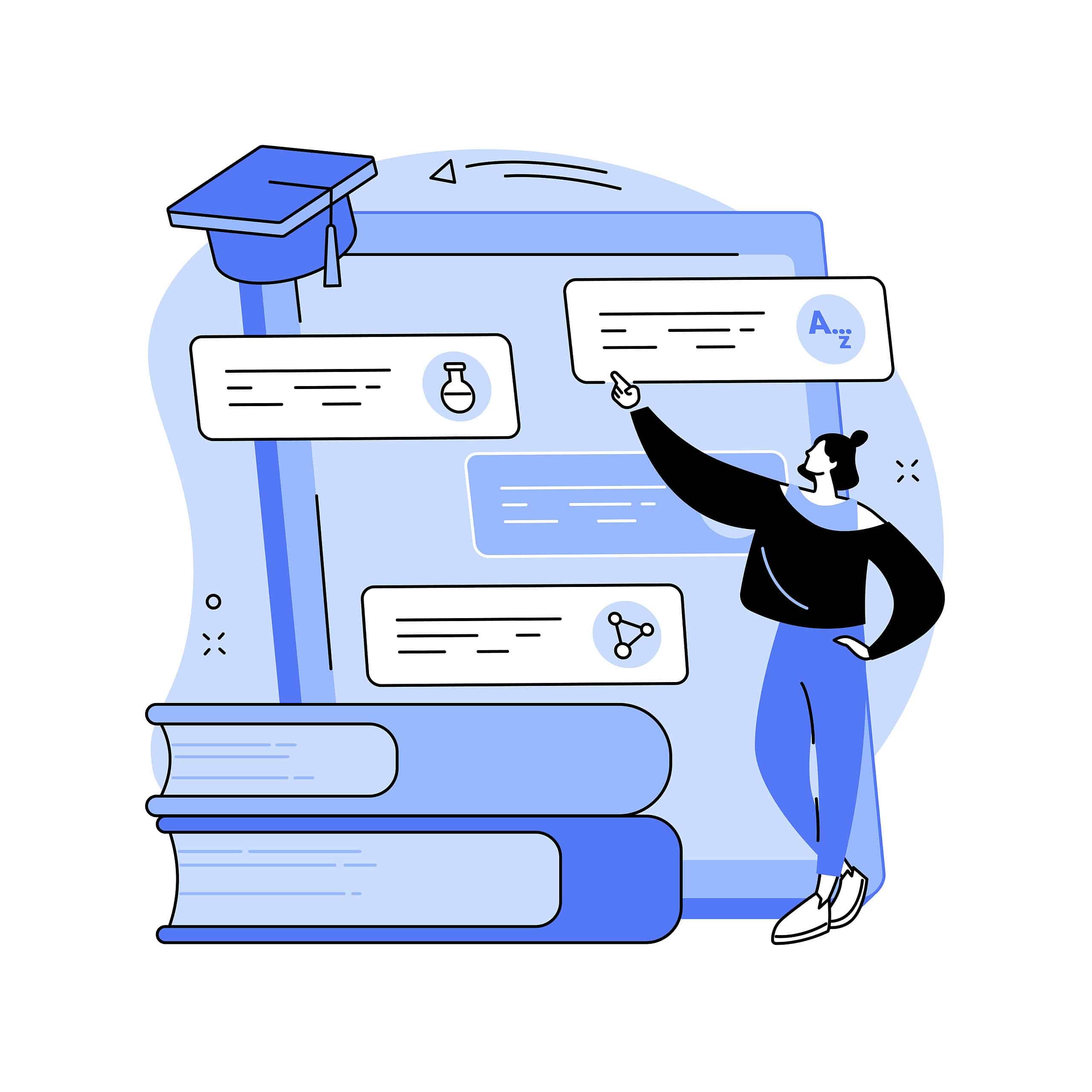
AI can revolutionize education by offering personalized learning. Every student learns differently and at their own pace, and AI can help teachers cater to those differences. By leveraging AI-powered algorithms, teachers can evaluate a student’s learning ability and create a curriculum that is tailored to their individual needs. For example, an AI system can detect a student’s strengths and weaknesses, and provide resources to help the student excel in areas where they struggle. By progressing at their own pace, students can retain information better and develop a love for learning.
Intelligent Tutoring Systems

Intelligent tutoring systems are another example of how AI can revolutionize education. These systems use algorithms to provide students with real-time feedback and guidance. Studies have shown that these systems can improve student performance significantly. The systems provide feedback on homework, assignments, and tests, and provide additional resources to help students master difficult concepts. By making learning more engaging and effective, intelligent tutoring systems help students achieve their academic goals.
Improved Assessment
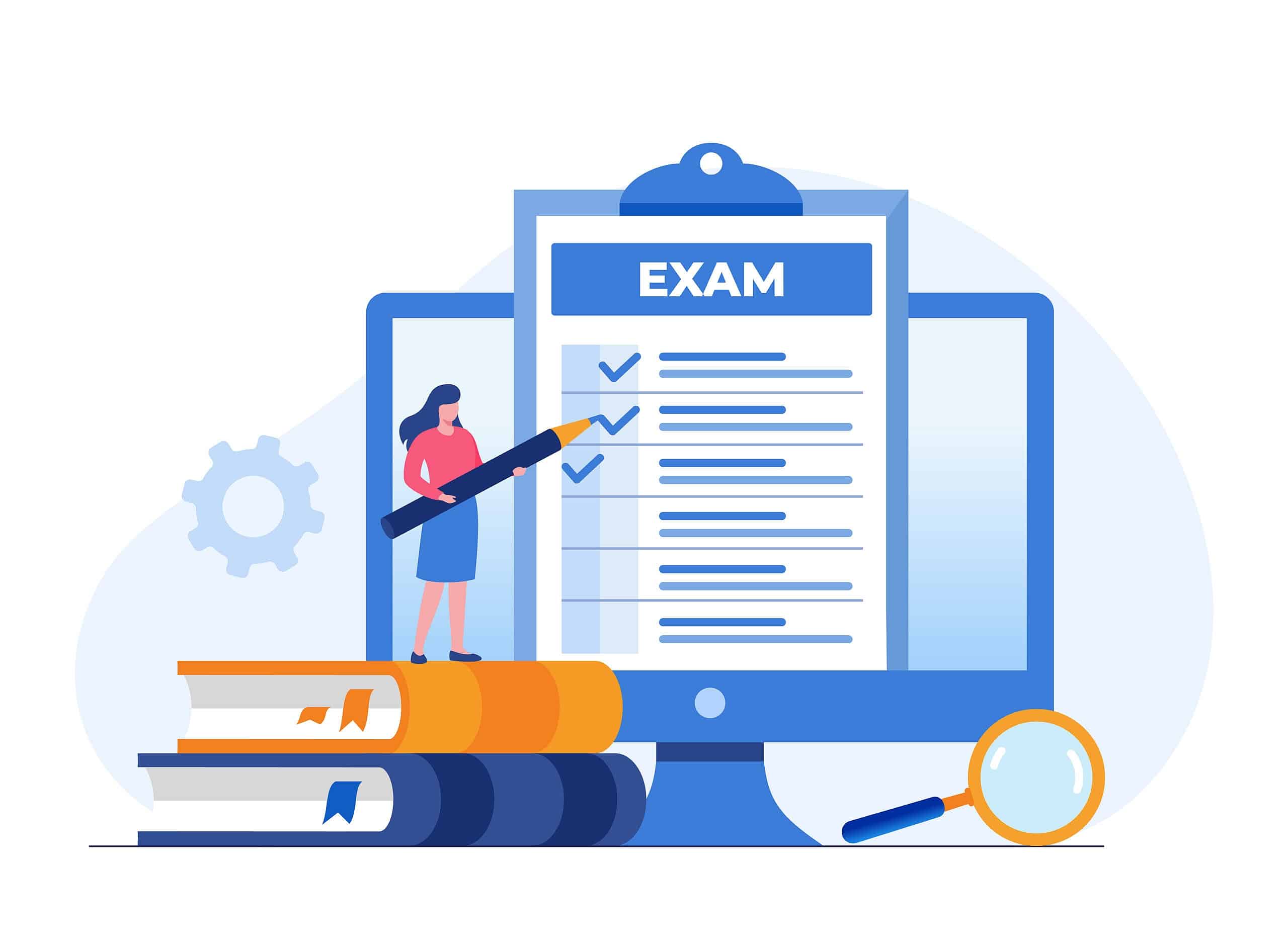
AI can also transform the way student progress is assessed. AI-powered algorithms can evaluate a student’s progress and provide detailed reports on areas where they need improvement. This would help teachers identify where a student may be struggling and tailor their teaching accordingly. AI can also help with grading papers and assignments, freeing up more time for teachers to focus on teaching and providing individualized attention to their students.
Accessibility
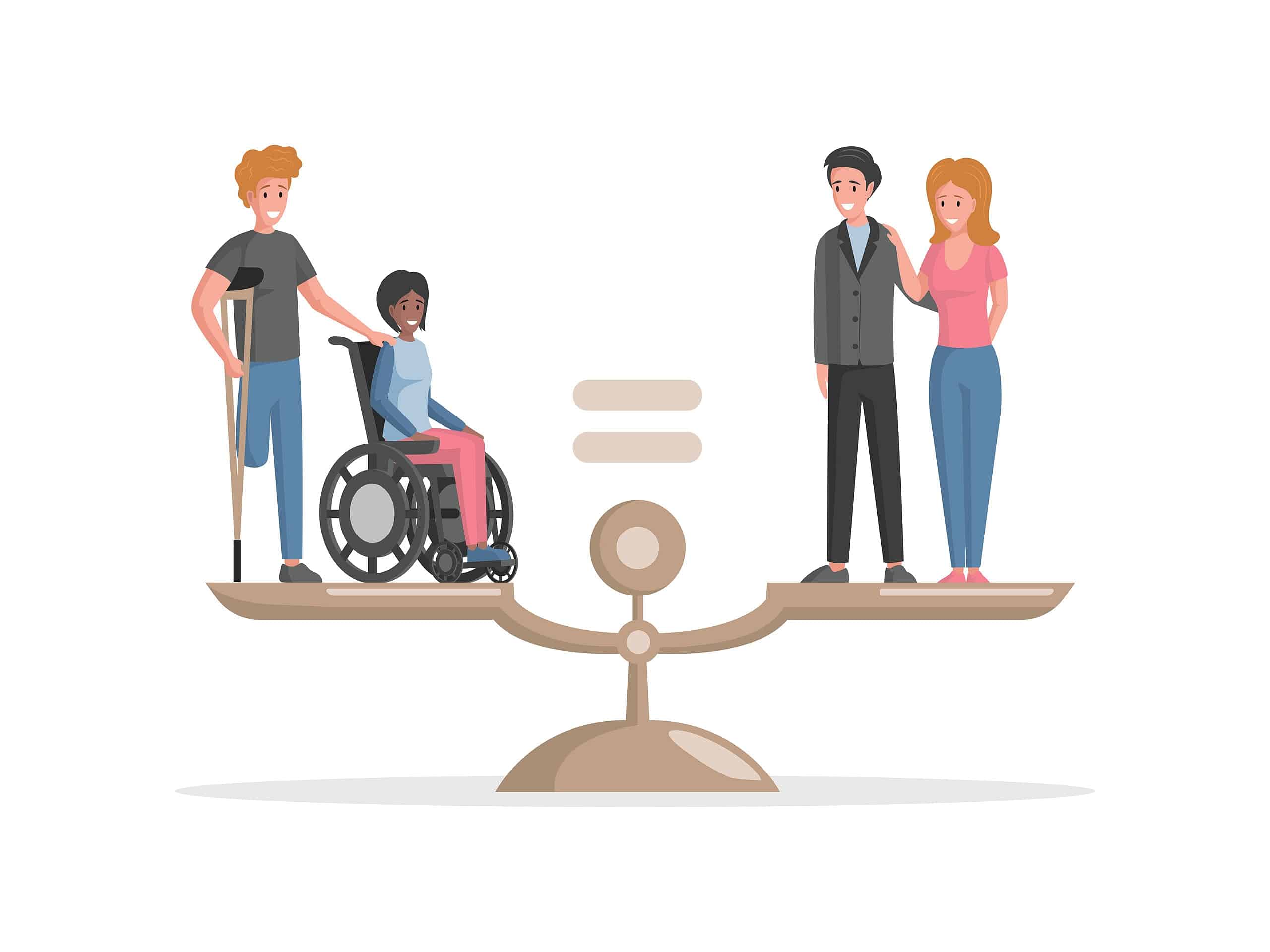
AI can help make education more accessible to students who face barriers to learning. For example, students with disabilities may require additional resources to learn effectively. AI can help by providing additional support, such as closed captions or text-to-speech functionality. Additionally, AI can help with language translation, making education accessible to students who may not speak the language of instruction.
Predictive Analytics
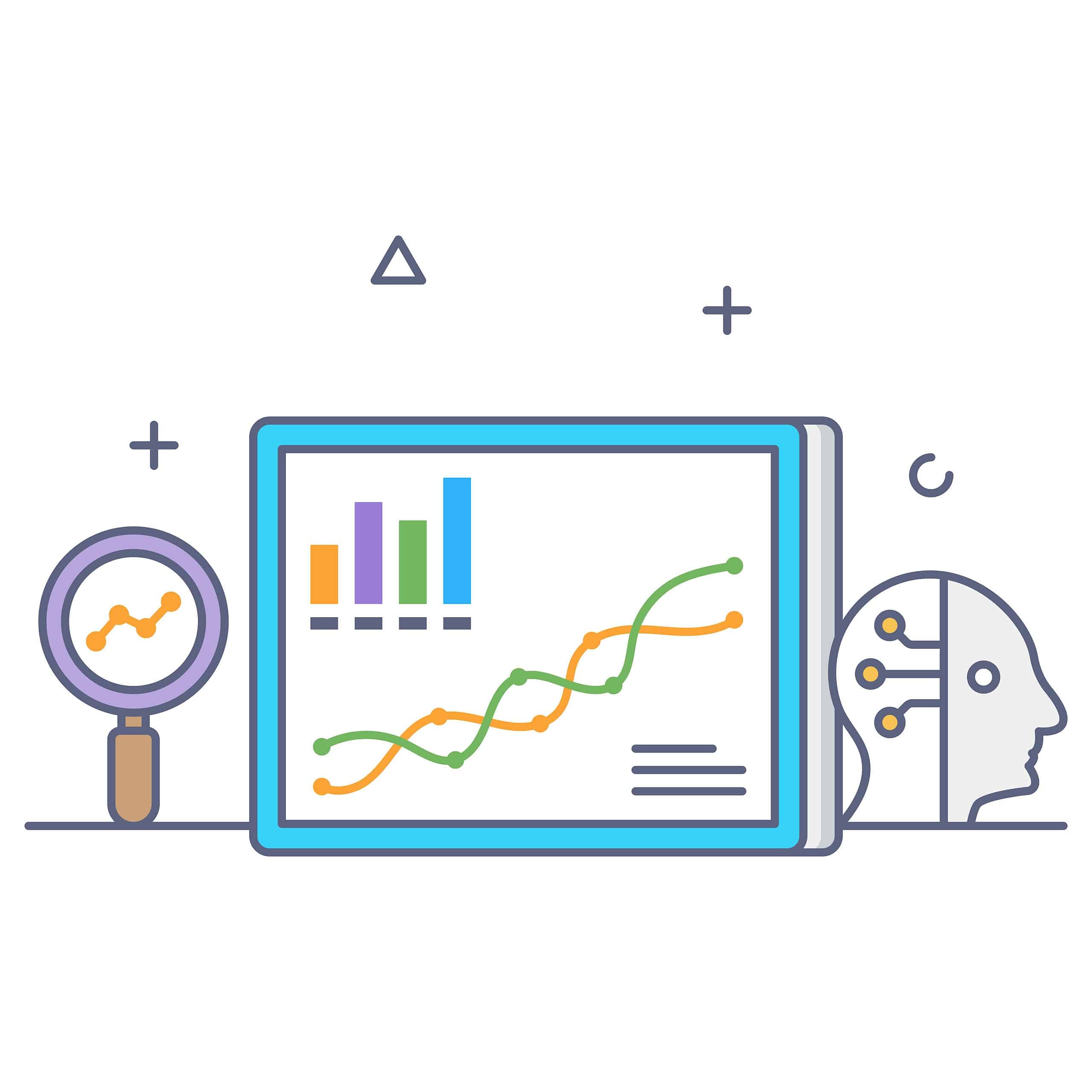
AI can help with predicting student success. By using data analytics, AI can analyze a student’s performance and provide insights into their future academic performance. This would help teachers intervene early and provide support to students who may be at risk of falling behind. Predictive analytics can also help schools identify students who may be struggling with mental health issues or other challenges outside of school, enabling them to provide additional support and resources to help these students succeed.
In conclusion, the potential for AI to revolutionize education is immense. From personalized learning to improved assessment and accessibility, AI can help create a more inclusive, efficient, and effective learning environment. As AI continues to evolve, we can expect to see even more exciting developments in the education field.

